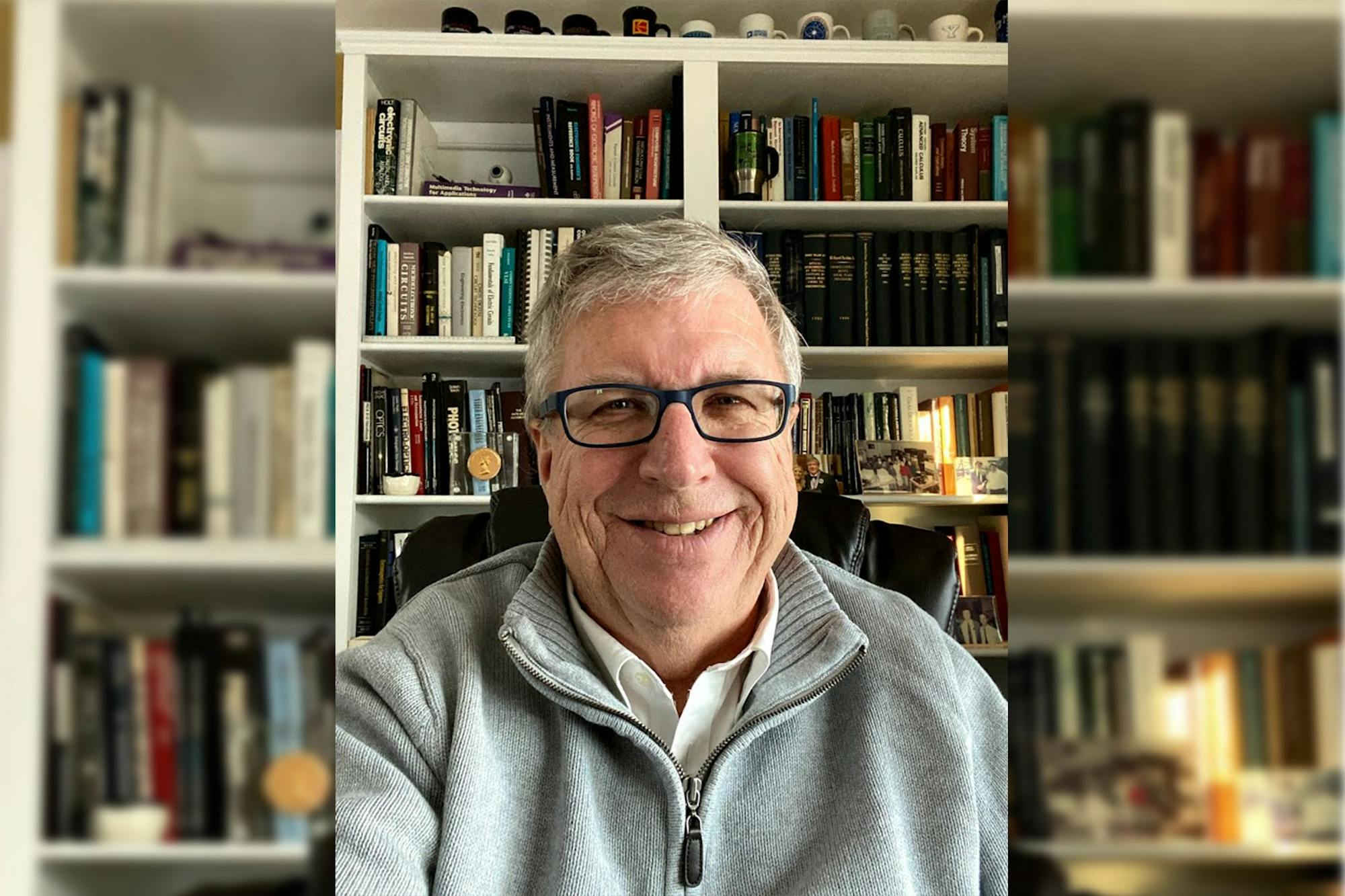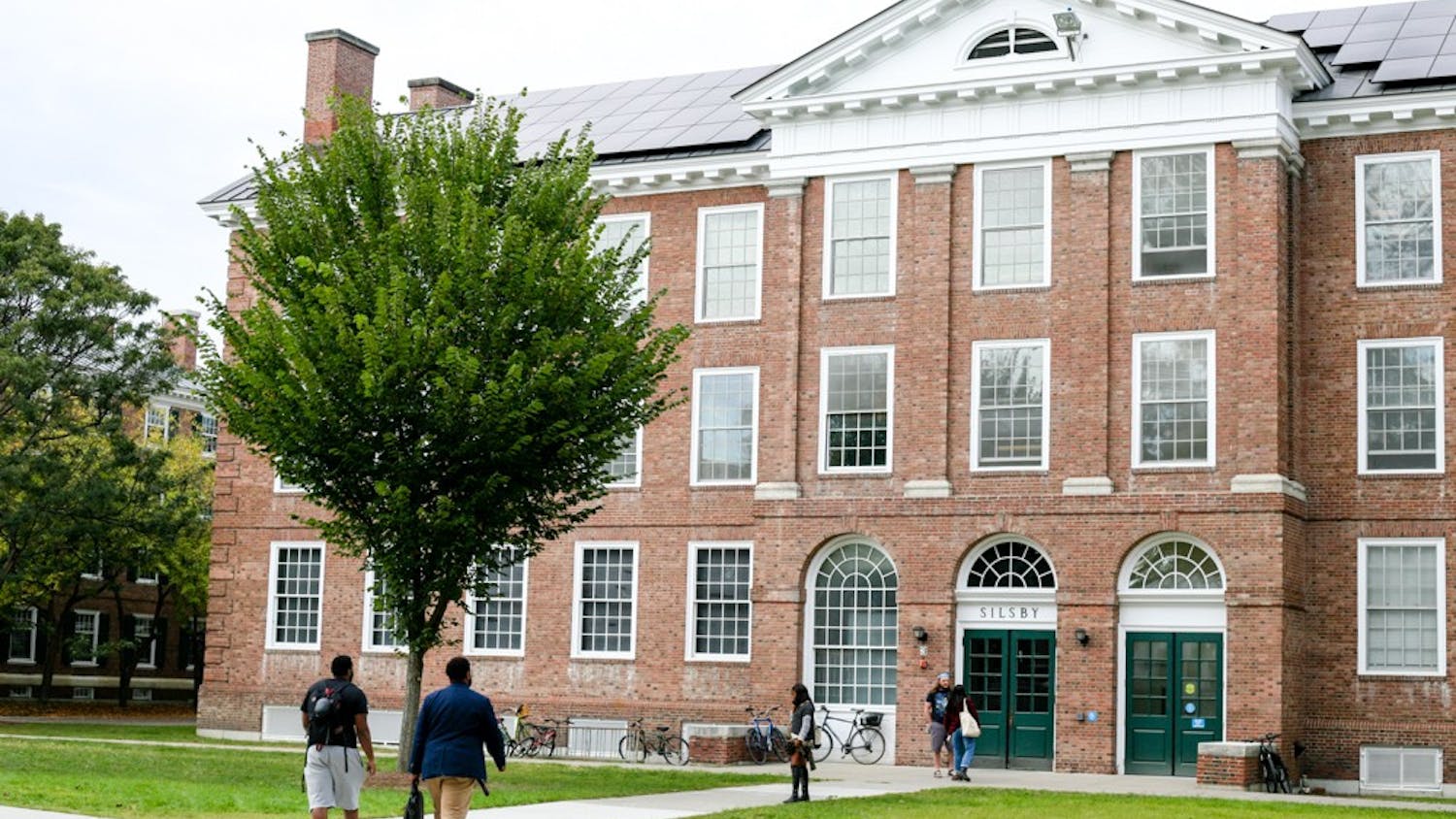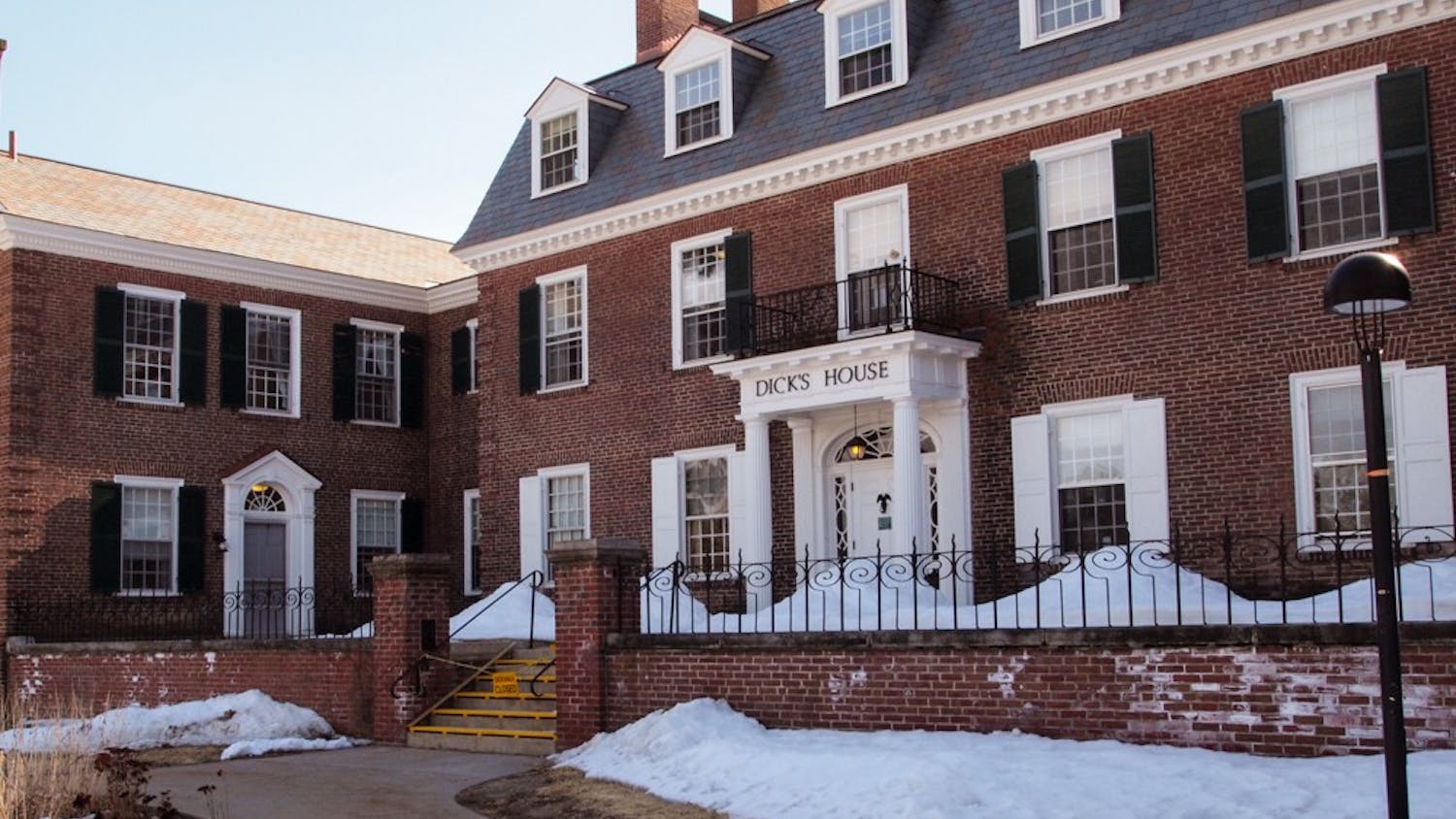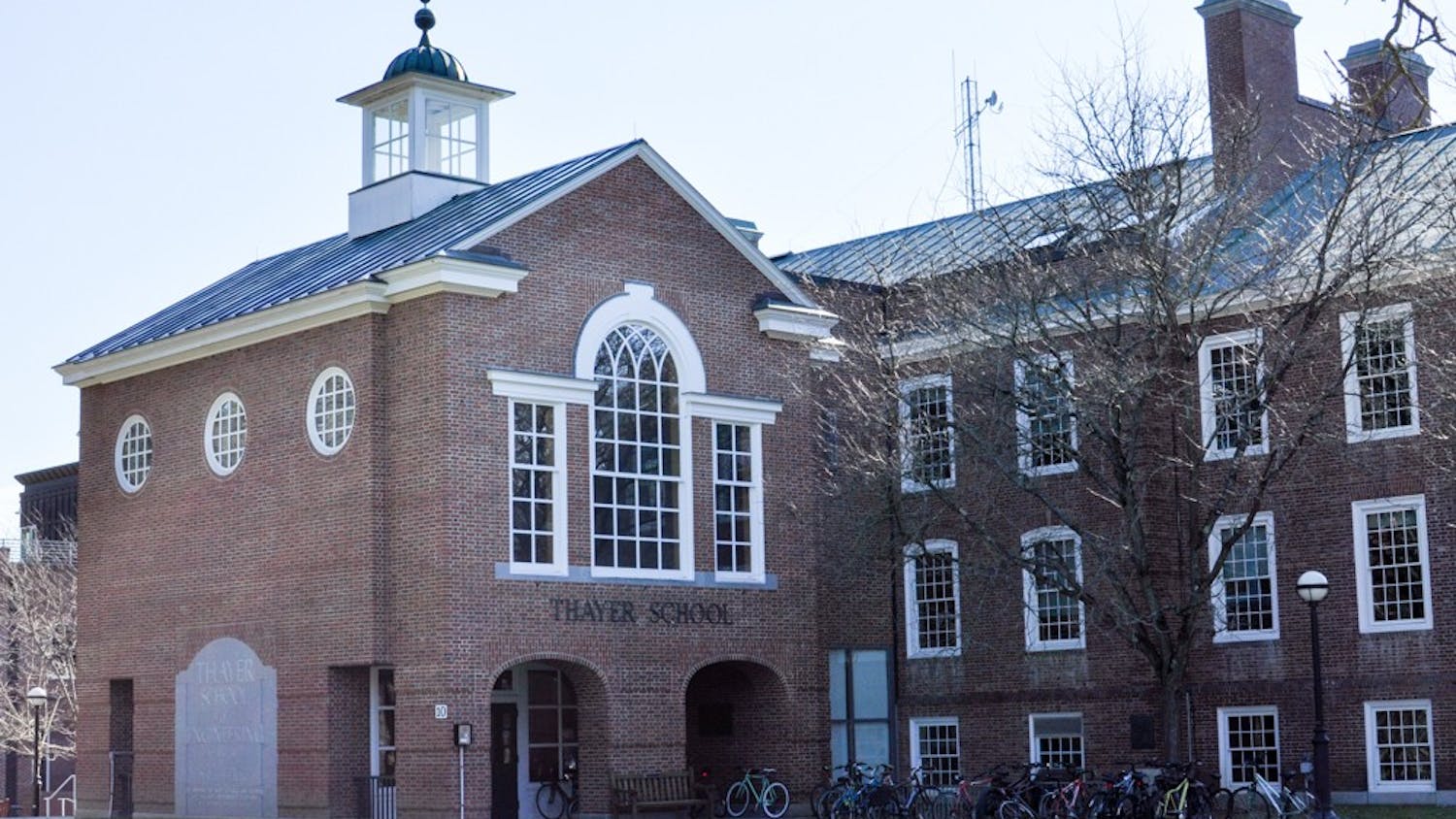Engineering professor Eric Fossum will receive an award at the 72nd Annual Technology and Engineering Emmys for his invention of a sensor now widely used in phone cameras and webcams that even aided in the Mars 2020 rover mission.
Fossum’s complementary metal oxide semiconductor active pixel image sensor, or CMOS, converts light signals into digital information while using little battery power and fitting easily into a smartphone.The sensor is also less costly than earlier technology.
The Technology and Engineering Emmy Awards, which honor innovations in production, recording, transmission or reception of television, will be held virtually in October.
Fossum initially created the CMOS while working for NASA at the Jet Propulsion Laboratory in California in the 1990s. The lab, which was building interplanetary spacecraft to travel to outer planets, tasked Fossum and his team with making everything on the spacecraft smaller, including the cameras.
Prior to Fossum’s invention, camera technology relied on a charge-coupled device. Thayer School of Engineering dean Alexis Abramson explained that Fossum’s invention was a significant advancement from this technology. She said the CCD produced images that “were not very crisp and clear because of the way the information was being collected and transmitted,” adding that the CMOS technology allowed for pixels to be structured more precisely and provided a better way to collect the information from the picture’s source.
“Almost 30 years later, we rely still on this sort of CMOS pixel technology to make our cameras work,” Abramson said.
When Fossum and the JPL first developed the CMOS technology, CCDs dominated the marketplace, and breaking in with the new technology was difficult, Fossum said. According to one of Fossum’s colleagues from his team at the JPL, Roger Panicacci, most engineers in the industry believed that CMOS technology was “the kind of technology for toy cameras but nothing that you'd ever really use [in a] real application.”
Panicacci said that while it was initially difficult to get businesses and other engineers on board with the idea of CMOS technology, Fossum persevered in pushing it into the mainstream.
“Within five years to 10 years, a lot of different companies began trying to move into this market because they thought it'd be really high potential,” he said.
In addition to being used daily in phone cameras and webcams, Fossum’s invention is still utilized in space missions. On Thursday, the Mars 2020 rover successfully landed on the planet. The team behind the rover used Fossum’s invention to view under their craft and make sure the Rover landed safely on Mars’s surface, Panicacci said.
Even with the application of his technology in space programs, Fossum said he is proudest of his invention’s potential to empower social justice movements.
“With so many cameras in the hands of everyday people, they're able to support social justice by capturing unfortunate incidents for review later,” Fossum said.
Panicacci also mentioned the exploding number of usages for the technology now and in the future, including artificial intelligence and facial recognition.
“All this stuff is possible because they figured out how to integrate [cameras] into a small seamless chip,” he said.
Abramson praised Fossum for his combination of creativity and ingenuity. She said that Fossum’s ability to combine engineering, science and creativity makes him a successful engineer and professor.
“Professor Fossum is one who really thinks about innovation and thinks about impact and thinks about, I'll call it the ‘human-centered’ piece of engineering,” she said. “And that has allowed him through his career to invent and come up with sort of new solutions to problems that are better and above and beyond what's out there today.”
For his invention, Fossum has also received the Queen Elizabeth Prize for Engineering, a global prize for engineering and innovation, and has been inducted into the National Academy of Engineers.




